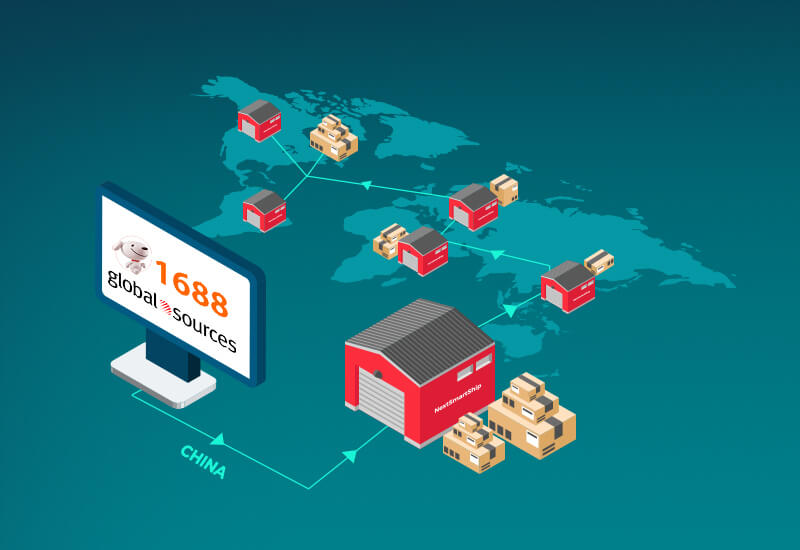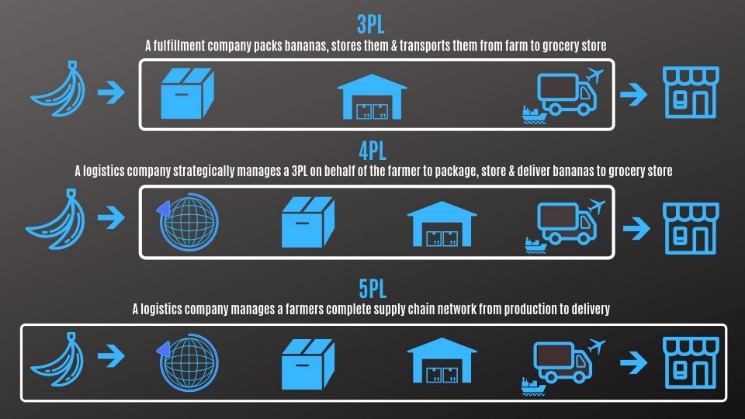Managing logistics and transportation in regions like Somalia, Djibouti, and Ethiopia is a complex endeavor. Given the geopolitical dynamics and varied terrain, ensuring timely delivery of goods necessitates meticulous planning and execution. Several elements like freight forwarding, government logistics, and customs brokerage play significant roles in this process.
Key Elements of Effective Logistics Management
Freight Forwarding
Handling the shipment of goods from one destination to another, freight forwarding is essential for businesses involved in global trade. Ensuring efficient coordination between transportation providers and compliance with international regulations is crucial.
Customs Clearance and Brokerage
Efficient customs clearance is vital to prevent delays at borders. Customs brokerage helps navigate complex international trade regulations, ensuring goods move smoothly across borders.
Government and Defence Logistics
Handling government logistics requires engaging in sectors like Defence and aid & relief logistics. These sectors require precision and reliability, often operating under stringent timelines and complex regulatory conditions.
Challenges and Solutions in Somalia, Djibouti, and Ethiopia
Logistics Companies in Somalia
Delivering goods in Somalia is fraught with challenges, including poor infrastructure and political instability. Successful logistics companies in Somalia overcome these challenges by employing local expertise and adaptive strategies.
Djibouti: A Strategic Hub
Djibouti serves as a strategic maritime hub, especially for goods entering Northeast Africa. The country’s location and port facilities enable seamless aid & relief logistics for crisis situations in the region.
Ethiopia: The Landlocked Conundrum
Ethiopia’s status as a landlocked country makes efficient freight forwarding and customs brokerage services indispensable. Utilizing hubs in neighboring countries like Djibouti can facilitate smoother trade routes.
FAQs
- What is freight forwarding? – It involves coordinating and shipping goods from one place to another, ensuring compliance with various regulations.
- Why is customs clearance important? – It ensures goods are not delayed at borders, ensuring timely delivery.
- What are the unique challenges in logistics for Defence? – These often include navigating complex regulations and ensuring timely delivery under stringent conditions.
Eastern Africa presents unique challenges and opportunities in logistics. Efficient management of freight forwarding, government logistics, and customs clearance are crucial for seamless operation. Understanding regional complexities can help in devising effective strategies for smooth transportation and delivery of goods.


